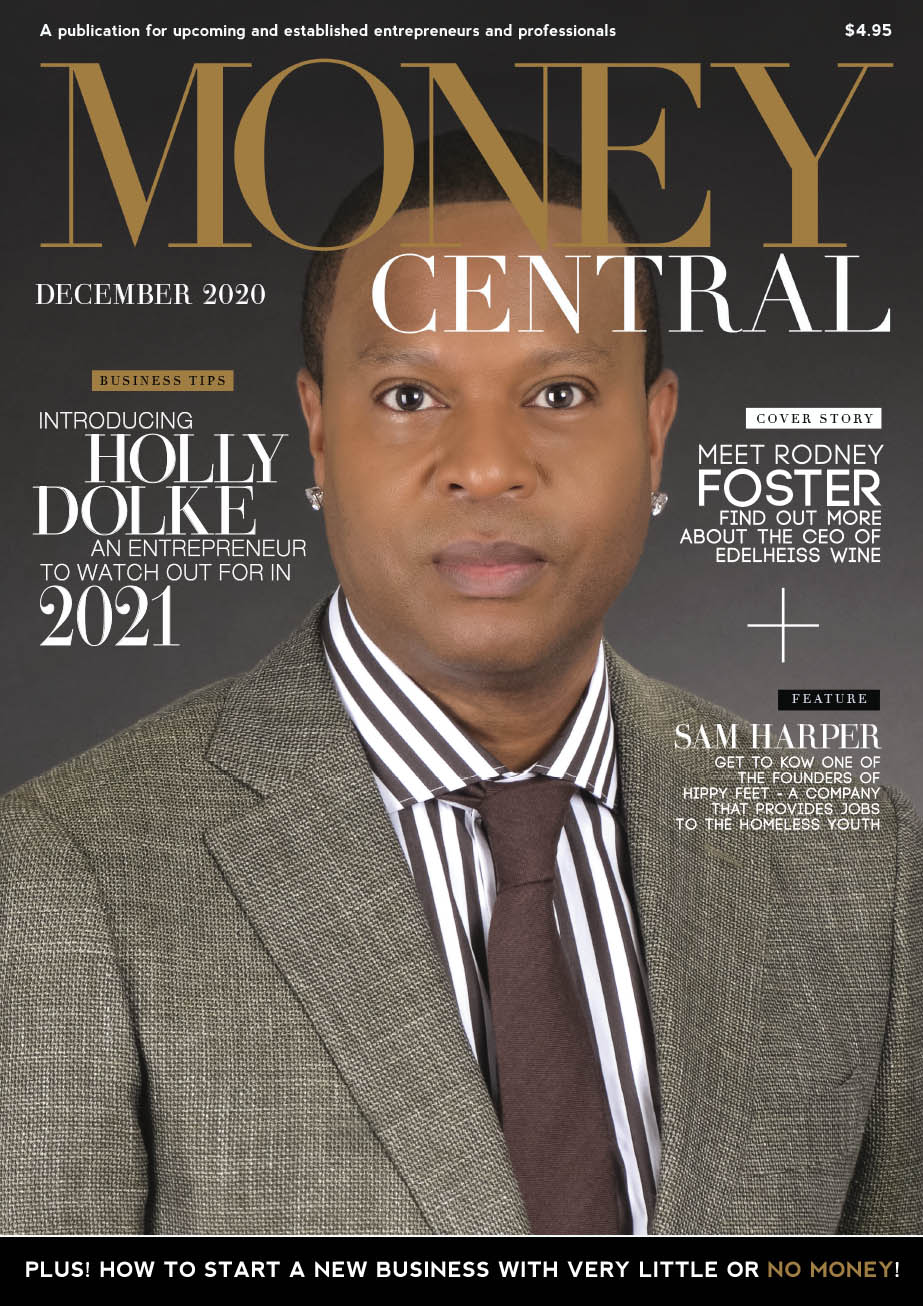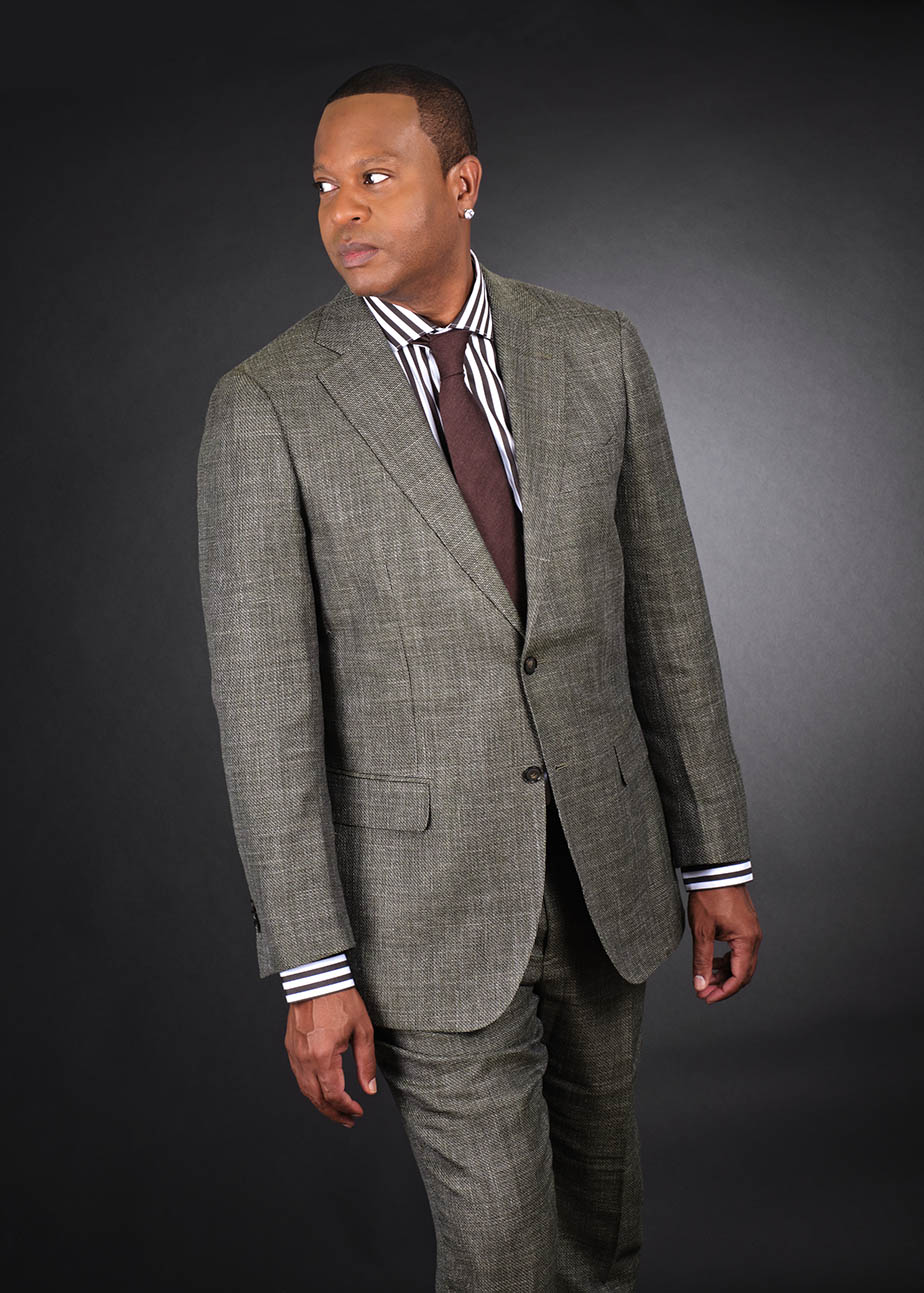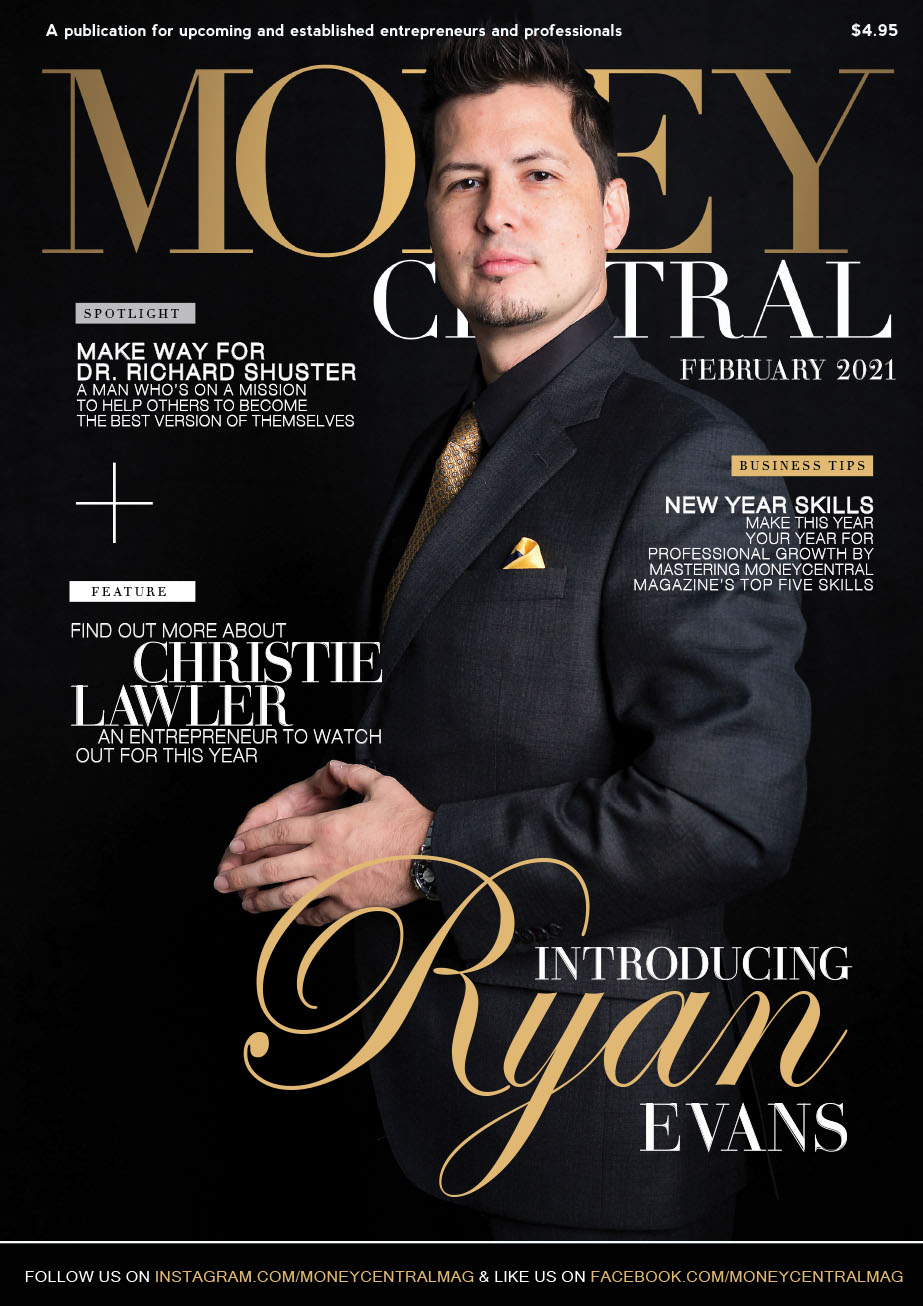
Ryan Evans is a serial entrepreneur, philanthropist, public speaker, and family man. In the early 2010s, as his first entrepreneurial venture, Ryan founded a technology company that he grew to multiple locations, employing dozens of people. After a successful executive transition there, he was appointed as the Global Operations Director for a billion-dollar multinational corporation where his focus and passion were on strategic planning, global growth, and training. He was successful in growing that business to more than three million global affiliates before leaving to start his next venture.
In 2017, Ryan founded Elamant International and successfully launched the company in more than two dozen countries, spanning five continents, including massive action throughout Africa and Asia. Today, Elamant is stronger than ever with revenues of more than $200 million and growing.
Ryan has been featured in multiple publications as well as online resources, video channels, blogs, and forums. He has spoken in person and virtually to millions of people around the world. Ryan has been married for 17 years and is a devoted father to four amazing kids. MoneyCentral magazine recently caught up with Ryan and here’s what went down:
Could you please tell our readers a brief background about yourself and how you started your business?
My beginnings actually typify the American Dream. I grew up in the Midwest and always envisioned accomplishing great things. However, like so many others, I didn’t know how those dreams would become reality. I got my first taste of entrepreneurship while owning a local software company. Although I was featured in regional publications for my work, I knew I had the capacity to do more.
My big break came when I was Marketing Director for an international company and was instrumental in taking it to unprecedented heights. I realized then; I could do even more. The company I currently own, Elamant is drastically different from the other ventures. However, the experience I gained over the years prepared me for this moment.
When did your entrepreneurial flair first reveal itself?
I’ve been very blessed to travel the world during my time in Asia, I developed the skill set of connecting with people from different cultures and backgrounds. Succeeding as an entrepreneur is all about finding ways to build and maintain relationships. When I discovered my ability to connect with people from all walks of life, that’s when I began leveraging more effectively.
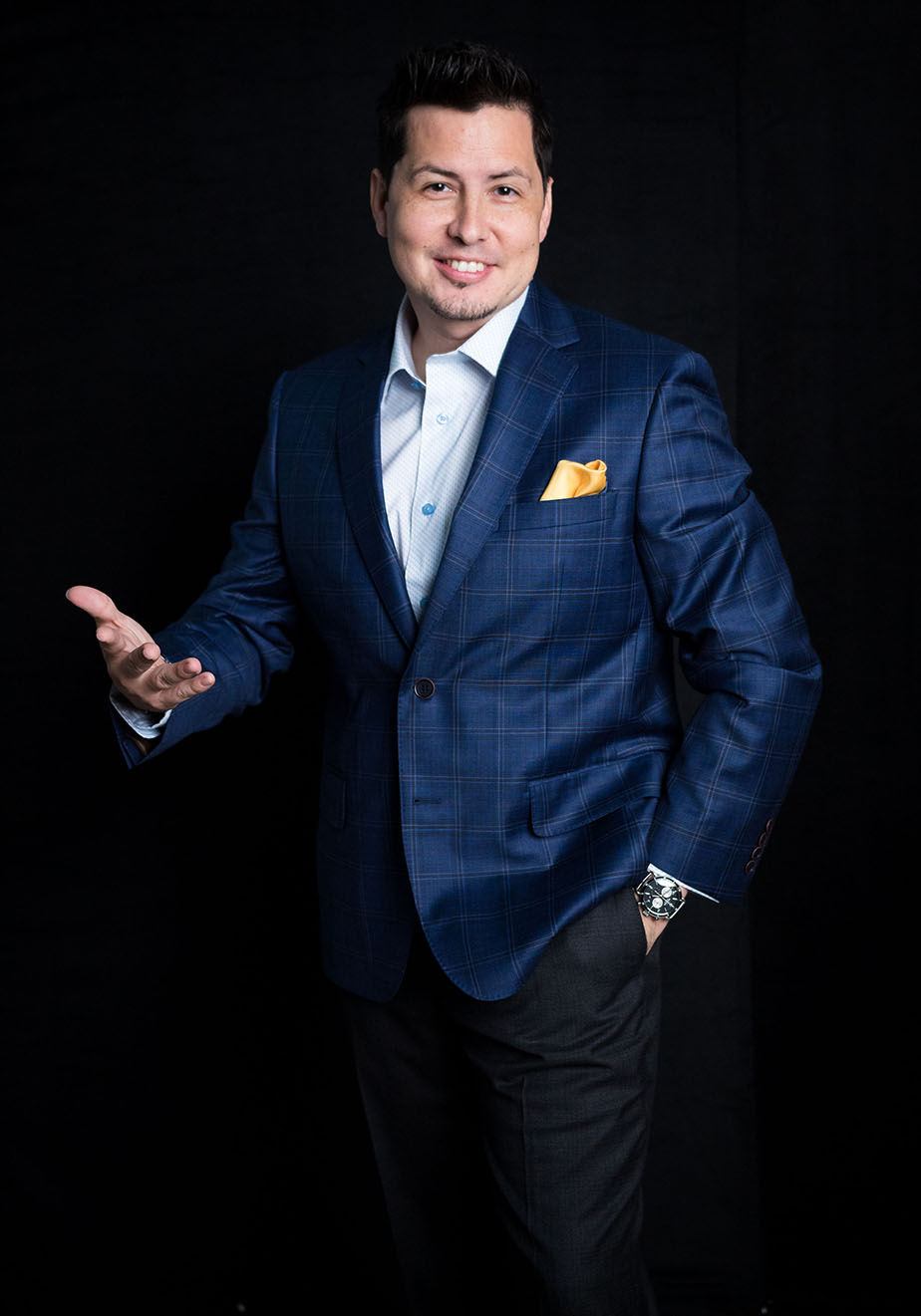
How did your life look before being an entrepreneur?
Boring with a capital “B”. Ask a lion what life looks like in a cage or a tiger what life looks like not being able to hunt. Entrepreneurs have a spirit that must be unleashed, and we’ll never be satisfied with any other life.
As an entrepreneur, what is it that motivates and drives you?
Helping others reach their full potential. Freedom means different things to different people and for me, it means living to your capacity. Anything less is bondage. I’m motivated by the thrill and challenge of showing people they can even when they think they can’t.
In one word, describe your life as an entrepreneur and explain why.
Unpredictable. Every day is different. Every challenge is unique. You wake up with a plan and have to be adaptable enough to change those plans quickly because you don’t always know what a day will bring. That’s what makes the journey so exciting for me.
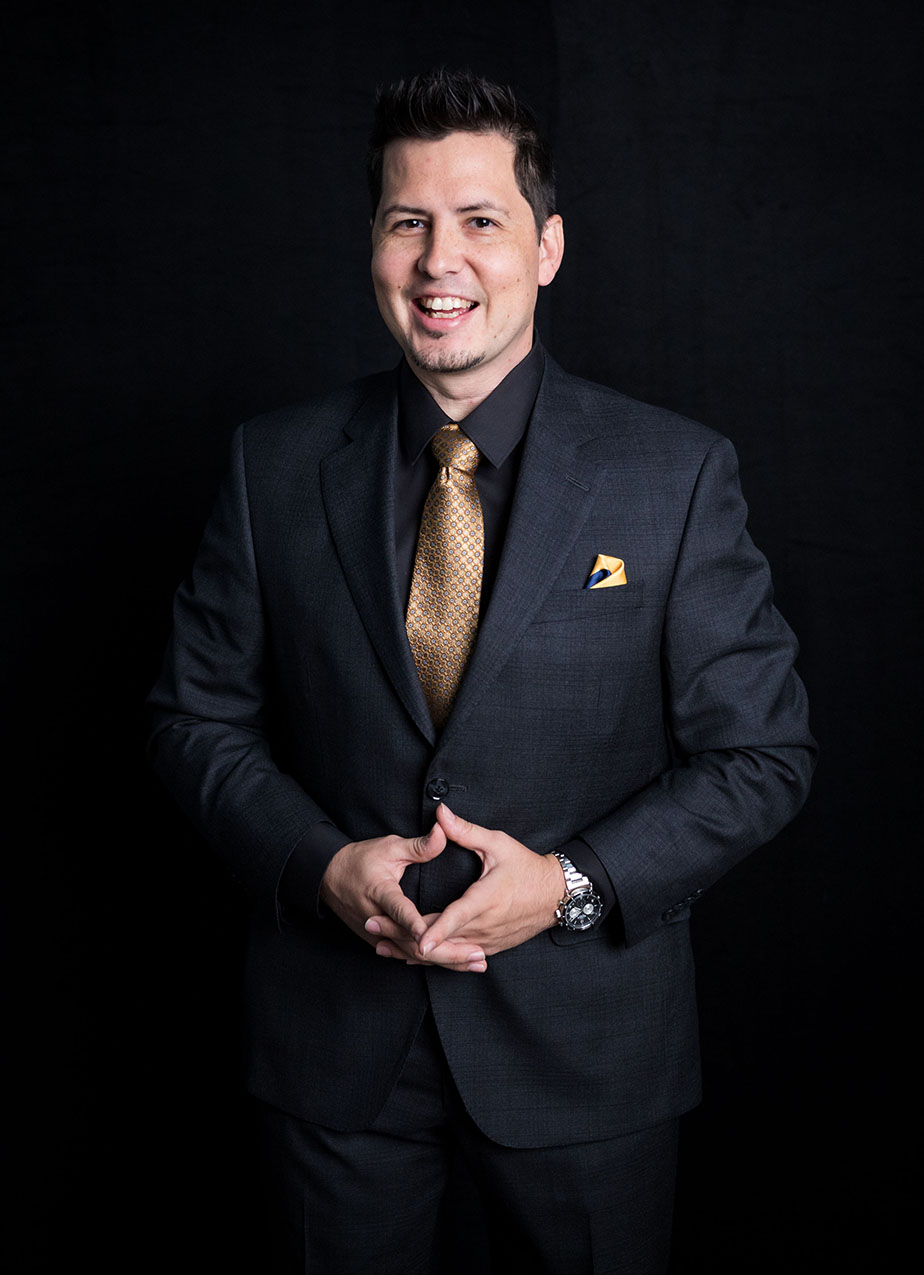
What were your top three motivations for starting your business?
Making a difference, blazing a new trail, and leaving a legacy. Business is all about those three things. I want people’s lives to change as a result of them connecting with our business. I also want to do things that have never been done before; either by bringing an existing product to a new market or a new product to the masses. I also believe business is most successful when it achieves longevity. I want my great grandchildren’s children to benefit from the work I’ve done.
What do you put your success down to?
Perseverance. No matter what, I won’t give up on my dreams. Our company logo is an elephant. Our motto is we are unstoppable. Elephants are not fast animals, but they travel great distances because they persevere. They live longer than most creatures in the wild and they have no rival. That’s the pattern for me!
What would you say are the key elements for starting and running a successful business?
First is great partnerships. You never have to “do it all” when you have great partners. Next, is great products. Customers appreciate something that works even better than expected. They want value for their hard-earned money. When you have a great product, it builds loyalty and consumer confidence. Lastly, is a great passion. If you don’t like or believe in what you do, it will soon show. By having passion, you’ll always feel like your vocation is a vacation.
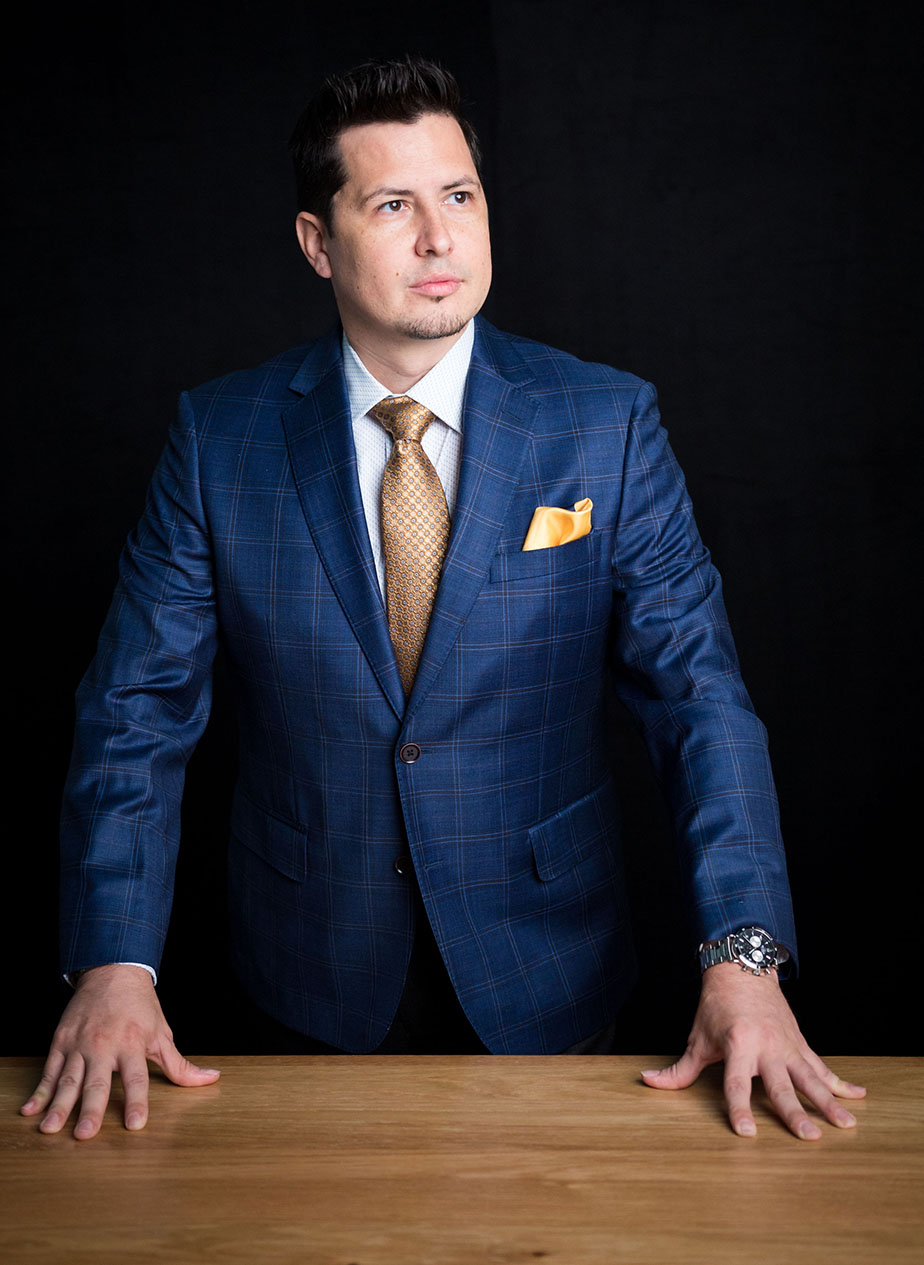
What are the three biggest challenges you have faced growing the business and how did you overcome them?
Maintaining focus is the most significant challenge any entrepreneur faces. It’s hard to have a one-track mind when you wear multiple hats. For me, I’ve overcome this challenge by delegation. I work to shift the workload to qualified members of the team in order to keep my mind on the main thing as much as possible.
Does the loneliness of the entrepreneur really exist?
Yes. There are times when it seems that no one “gets it” the way I do. Therefore, I find myself working in the late hours of the night or early mornings to be true to my vision. It’s great to have a strong support system. However, the saying is true: it’s lonely at the top.
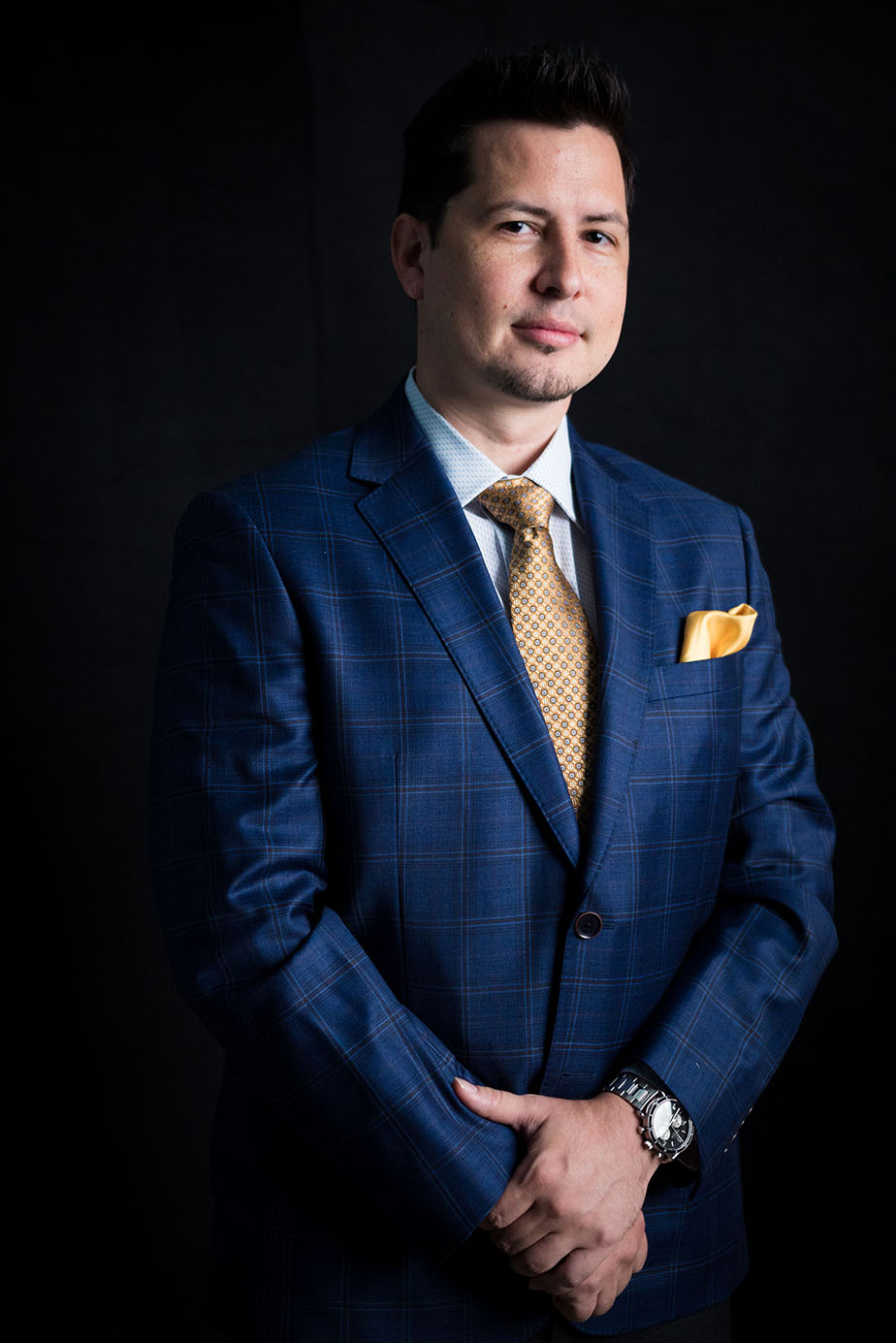
As you grew the business, what have been some of the most important leadership lessons you have learned?
People need leaders. When you realize that one sentence, it will change everything. Leadership is not just something you do, it’s something you MUST do. Imagine where countries would be without presidents or where a basketball team would be without a coach. Leadership is a responsibility. Once you embrace the role of leader, it’s a lifetime responsibility.
What do you hope to see happen in the near future for small businesses all over the world?
Reliable training. College will never be able to prepare the entrepreneur for running a business. Therefore, small business owners need proven resources they can access from their mobile devices to equip them for the demands of being their own bosses. Ironically, we’ve got just the tools to help them. Stay tuned!













